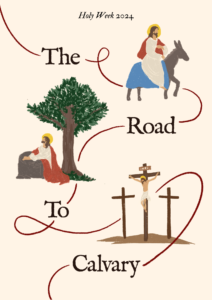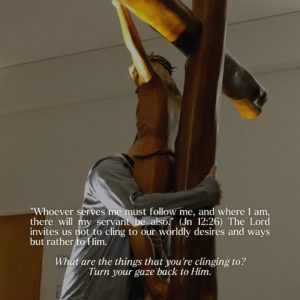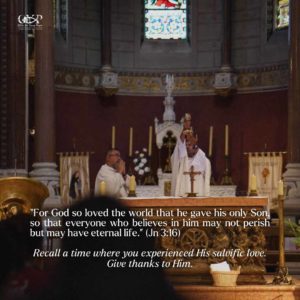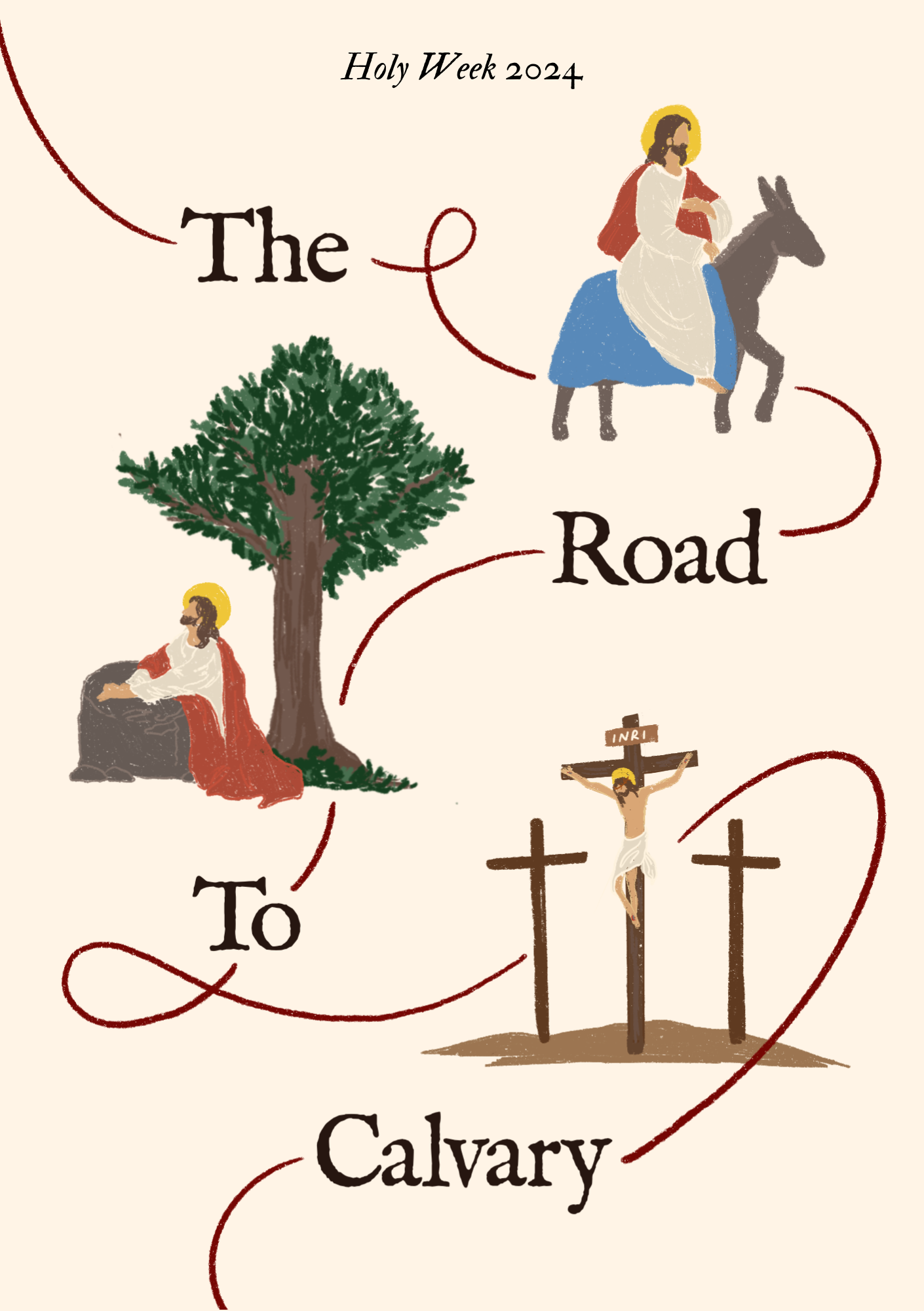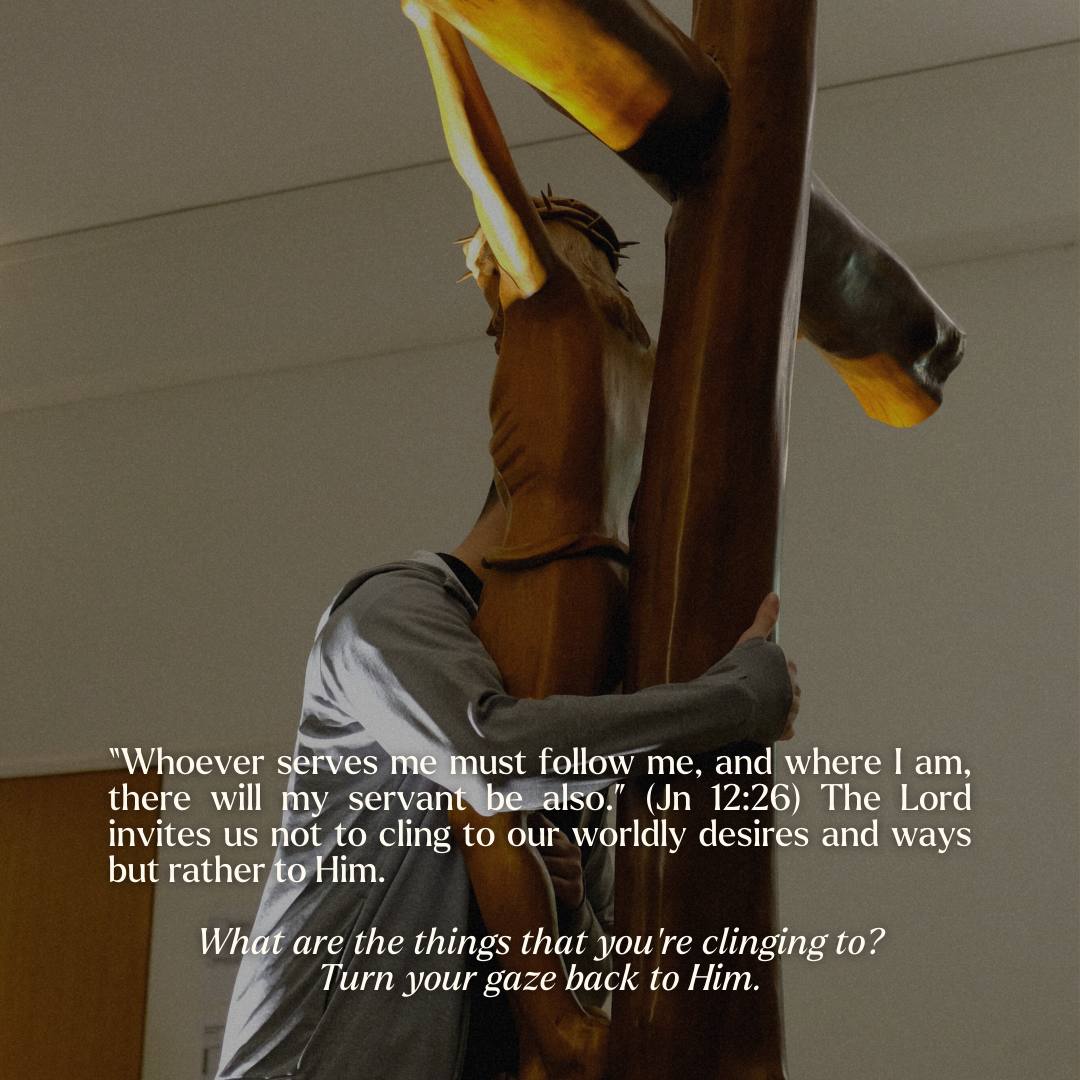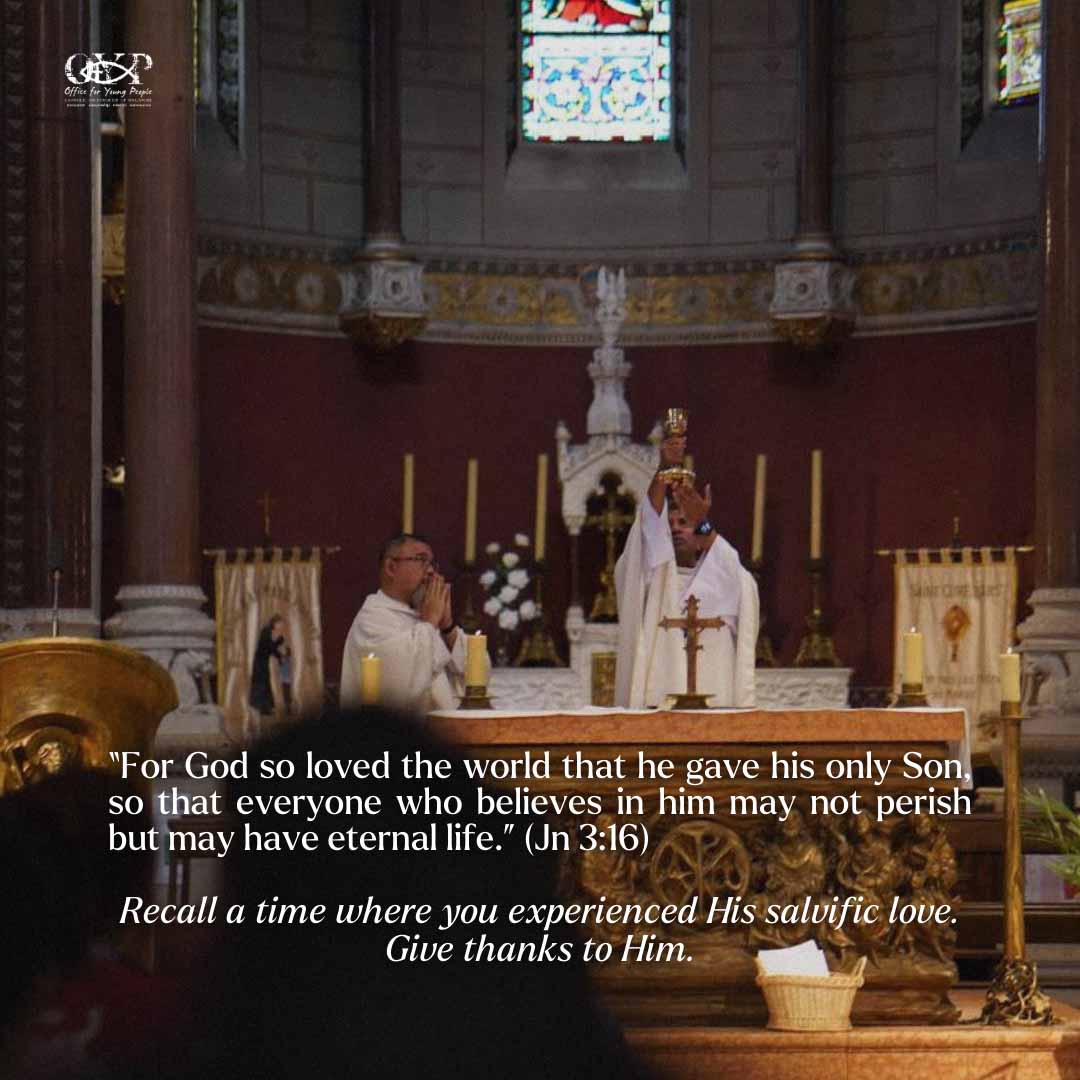by Jereme Cheong
Over a year ago, when I first started being more involved in church ministry, I went over to OYP for what I assumed would be a routine briefing on administrative matters. What ensued instead was a very unexpected “praying over” session, where for the first time in many years, I was asked to be open to a vision of what God was trying to say to me at the time. Unthinkingly, I said “quantum entanglement”. I didn’t (and still don’t) have any clue why I said that, but when I visited OYP again at the end of one term of ministry, I was reminded of it again by Chris. I’ve come to realise that, in a weird way, the idea of entanglement has played out over the past year.
Firstly, what is quantum entanglement? Entanglement is a quantum phenomenon that has been proven from many empirical experiments involving very small particles (like photon or protons). These particles have certain properties such as spin, which would be the angular momentum of the particle. In spontaneous creation of these particles (assume two photons are spontaneously created out of nothing), the law of conservation of angular momentum dictates that the photons created in such a manner must have a total sum spin equaling to zero. Experimental data has shown that quantum particles exist in a “supposition of states”, which in this case means that both photons exist both in an “up” spin and “down” spin simultaneously until disturbed or observed. The cool thing about quantum entanglement is that even if these particles were separated by long distances, observation of one of these photons also affects the state of the other photon. In other words, if we observed one of these photons and found it to be in the “up” spin, the other photon would always be in the “down” spin. This correlation is 100% and has been proven through rigorous experimentation.
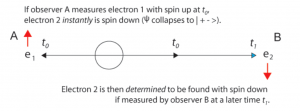
Right now, you’re probably thinking, “that’s cool and all… but isn’t this supposed to be a sharing about God and ministry?!” Uh.. right, let me get back to that point. The thing that impresses me about quantum entanglement is that an entangled system cannot be considered as a sum of individual particles, it can only be accurately described as a “holistic” system in which action on one particle has a definitive and profound impact on the other. The same sense has held true for community over the past year. Though humans are of course, more complex than elementary particles, the communities that we form (complex systems of anthropological interaction), ultimately sum up to more than just the individuals that constitute the community.
When I first became Catholic back in 2014, community didn’t really have any meaning for me. It was a big part of why I left my RCIY community even though they had an extended program that was intended to journey with neophytes past baptism/confirmation. At that time I remembered thinking, “My purpose in going for RCIY is fulfilled, I already got confirmed. Why do I need to keep journeying with this community?” In addition, I thought then that personal sharings were a waste of time. It seemed like a closed circle, with no actual learning, no influx of new insight, and no resolution to common problems of doubt. If learning about God was the object of faith, then I could do much better reading the church fathers, the doctors of faith, and proven saints. Community then, is an inefficient way of gaining insight into the faith.
It is true that communities don’t always provide you with much “head knowledge”. Left to their own devices, communities can become like stagnant pools of water. That is why we’re all integrated vertically, upwards, towards a central Church and ultimately, to God. But the main purpose of community isn’t to impart knowledge, it is to allow the lived experience of faith. It isn’t so important to know the faith well, as it is to live it well. It is very difficult to live the good life in isolation. How would we, for example, follow Christ’s command to “love thy neighbour as thyself”? It is only by rooting ourselves amongst people that we’re able to find the fullest expression of ourselves. Our very existence is communal, we were made for one another. In that, our individual actions not only have an impact on community, they are in need of community to have their fullest meaning. For greater insight into this far beyond my capabilities, I highly recommend reading Dostoyevsky’s “The Brothers Karamazov”.
Looking back on this past year of ministry, I can attest to this. If I were to judge my community on the yardstick that I had back in 2014, I’ve done a horrible job of teaching the faith. If you were to drag one of them aside and interrogate them on the intricacies of liturgy, or church history, or Biblical knowledge, many would have no idea what you were talking about. Despite the weekly lessons and sessions, the details of the faith remain complex and difficult to grasp. What makes me proud of my community is the difference I’ve seen in their lives. I see their struggles in letting go of past hurts and grudges. I’ve seen them trudge slowly towards living more just and disciplined lives. Over the year, I’ve seen how generous, open, and kind they have been in supporting and affirming each other. These observations have strengthened my belief in our need for each other as models and inspirations of Christ. We are all far more “entangled” than we commonly assume ourselves to be.
At the end of the day, perhaps my lengthy sharing is best summarised by this stanza from Gerard Manley Hopkins’ poem “As Kingfishers Catch Fire”:
I say móre: the just man justices;
Keeps grace: thát keeps all his goings graces;
Acts in God’s eye what in God’s eye he is —
Chríst — for Christ plays in ten thousand places,
Lovely in limbs, and lovely in eyes not his
To the Father through the features of men’s faces.
May God give us the grace to see His face in all men.



